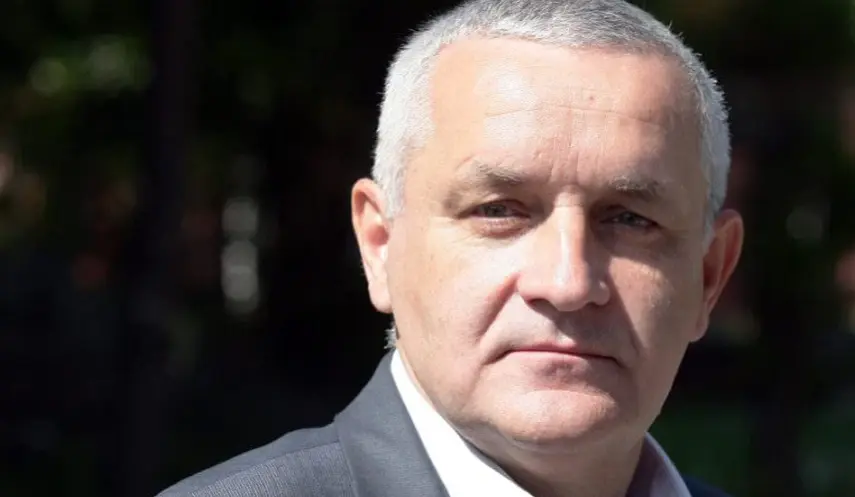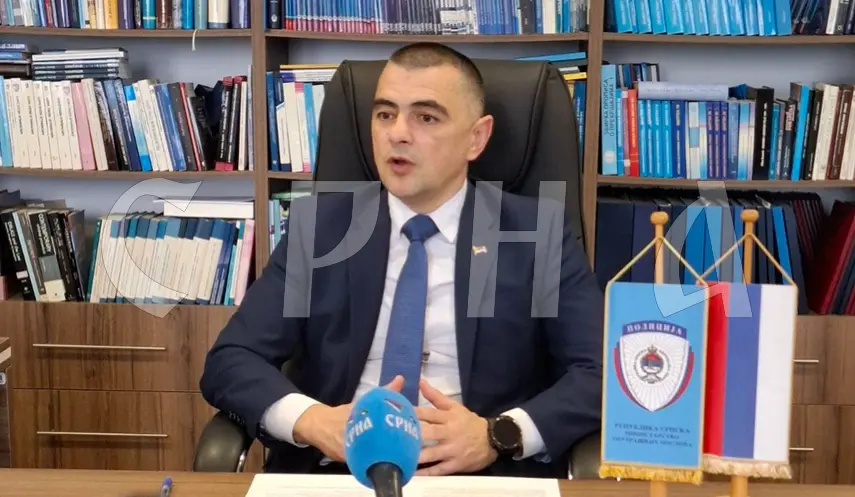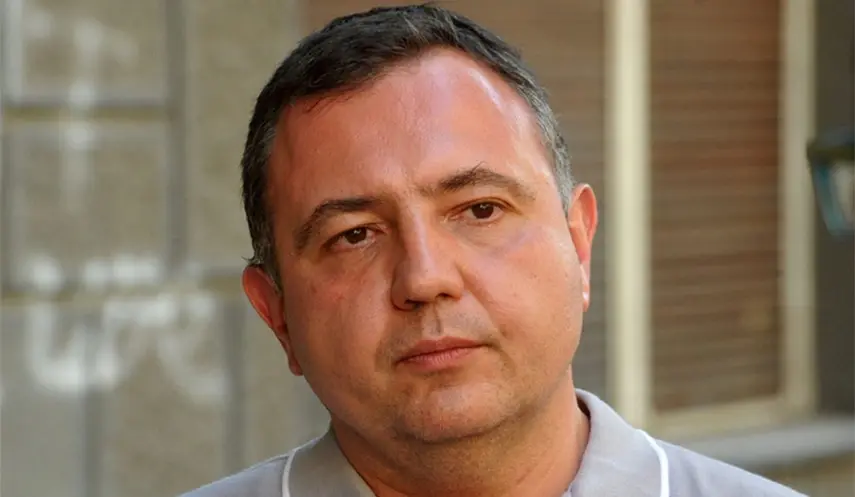LINTA: CRIME AGAINST SERBS IN GOSPIĆ IS ONE OF THE GRAVEST, CRIMINALS ARE NATIONAL HEROES TODAY
Croatia - Gospić - remembrance
10/16/2025
17:34

BELGRADE, OCTOBER 16 /SRNA/ - The Alliance of Serbs from the Region /SSR/ announced that the killing of 130 Serbs in Gospić in October 1991 is one of the gravest crimes committed against Serbs in Croatia, that many people remain missing, and that the perpetrators are today considered national heroes in that country.
"The remains of only 60 victims have been recovered and buried, while the others are still being sought," SSR President Miodrag Linta said, emphasizing that numerous facts confirm that Croatia’s state leadership issued orders for the ethnic cleansing of Serbs.
On the occasion of the 34th anniversary of this crime, Linta emphasized that the perpetrators were members of Croatia’s paramilitary and police forces.
"The former secretary of the Operational HQ in Gospić, Tihomir Orešković, was sentenced to 15 years in prison for this crime, the then commander of the 118th Brigade, Mirko Norac, received 12 years, and Stjepan Grandić was sentenced to only 10 years," Linta said.
He pointed out that the convicted war criminal Norac is considered a hero rather than a criminal by Croats in Gospić and Lika, as well as by the majority of the Croatian people, and that many members of the Croatian Army and police who planned crimes, carried out arrests, and participated in executions have not been held accountable.
He recalled that pressures, threats, and discrimination against Serbs in Gospić and many other Croatian towns began immediately after Franjo Tuđman came to power, and that after August 28, 1991, it was impossible to freely enter or leave the town due to a blockade imposed by members of the Croatian paramilitary forces.
"The blowing up of Serb houses and shops had begun earlier, and then, in October 1991, one of the gravest crimes of the war in the territory of what is now Croatia took place. At the beginning of November, the Serbian Orthodox Church in Gospić was destroyed and replaced by a parking lot. The church was carefully and professionally mined, as the surrounding buildings were left entirely undamaged," he said.
Linta emphasized that Serbia should undertake an active and systematic effort to uncover the truth about the mass and deliberate suffering of the Serb people, and that one way to achieve this would be the establishment of a dedicated state institution, a Memorial Center for Serb Victims in the territory of the former Yugoslavia, based in Belgrade.

ŠIKMAN: QUALITY OF EDUCATION IS CRUCIAL FOR THE QUALITY OF PERSONNEL

CALL TO JOINTLY MARK A DATE RELATED TO MEDIEVAL SERBIAN STATEHOOD

SRPSKA RESISTED ATTACKS AND PRESERVED ITS INSTITUTIONS





